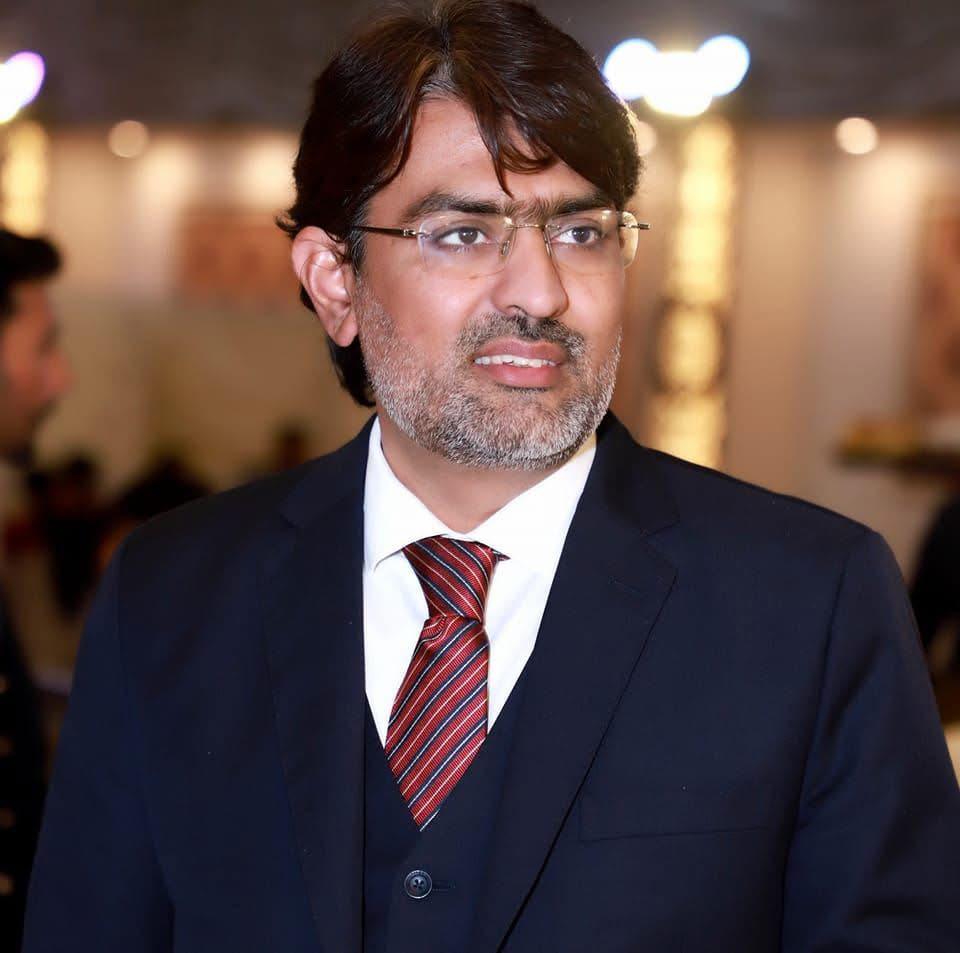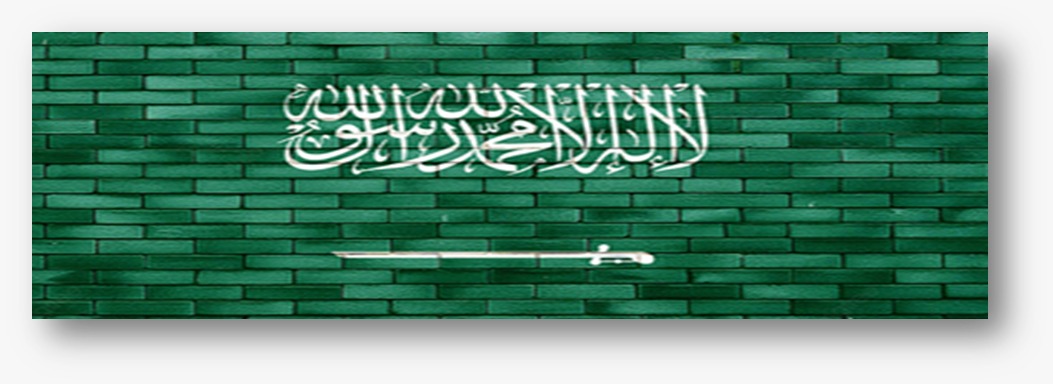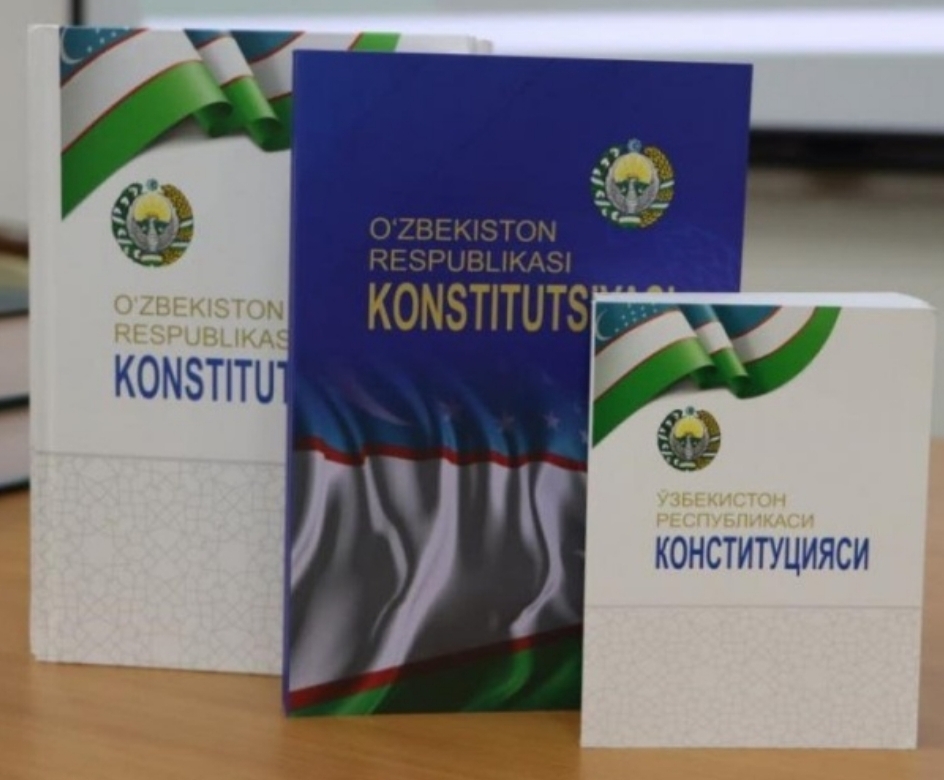Teaching Reproductive Health to Children
Imran Shafique
Advocate, Supreme Court of Pakistan (SCP) and Senior Associate of the Institute of Policy Studies (IPS), Islamabad.
imran.shafique@yahoo.com
The bill approved by the Senate Standing Committee on Federal Education and Professional Training to introduce reproductive health in schools is a plan to make a major intervention in the society and should never be taken behind the close doors. Any such attempt without empirical evidence for its need and a broad-based consultation involving all segments of society would be disastrous. The law proposed by a member from Sindh shall be enforced in Islamabad Capital Territory, which ironically, does not have any representative body of its own. The only local senator of Islamabad, Fawzia Arshad raised several concerns on the draft law.
The title of the bill has been carefully crafted to modify the culturally unacceptable phrase of sexual and reproductive health education or SRH as it is known world over. The mover of the bill was not oblivious to this cultural sensitivity and the statement of this draft clearly refers to “the many other ways this may be referred to.” Even in the Senate Standing Committee, some members including the senators from JUI and minorities, rejected the bill outrightly. Some voiced serious concerns and were able to introduce age limit of fourteen years and parental consent as the necessary conditions. These reflections are sufficient to confirm that introduction of sex and reproductive health education in Pakistani schools is not an idea that will receive public reception.
To add irony to the whole picture, this significant change has been proposed through an amendment in the 1976 law for federal supervision of curricula, textbooks, and maintenance of standards of education. This law is only supervisory in nature and does not concern itself with the subjects to be taught in schools. The proposed insertion in this law shall obviously be beyond the scope and scheme of this law.
Let clarity prevail, and a question be asked. What does the inclusion of sex education in the curricula of the schools in Pakistan actually mean? It means discussing with juveniles and adolescents alike, how sexually-transmitted infections (STIs) proliferate because of unsafe sexual practices, and exposing them to sexual practices that minimize the contagiousness and transmissibility of diseases and infections. This may appear to be something benign, but this is not as simple as it seems, as the sex education includes school-level children’s exposure to sexual practices that only an adult should know.
The sex education that is being imposed on children in Pakistan is not just a simple biology textbook lesson. The very sensitive and sexually-explicit topics that it encompasses include sexual orientations, gender identity, gender choice, sexual harassment, and age of consent. These are very sophisticated topics. They carry the cultural and ideological baggage of Western ways of living and secular liberalism, where morality gets replaced by mere consent and intimacy gets detached from sanctity.
In contrast to the sexually-explicit knowledge that the “sex-education” tends to impose on children, our culture and the most sacred way of living, Islam, tells us that creation is a sign of divinity, and a sign of the oneness of Allah. Our sacred religion and the holy Qur’an, which guide us to the ultimate way of living, deem intimacy in terms of modesty (haya), chastity (‘iffah), and marriage (nikah). The holy Qur’an speaks of creation as a symbol of divinity, a sign of purification (taharah) as worship, and defines marriage (nikah) as a sign of responsibilities and rights. Western sex education is a civilizational misalignment with the culture that is sacred to our people and society. The Islamic living, as outlined very clearly by the holy Qur’an and Sunnah of the Prophet (SAW) has its own way of educating kids by imparting its inherent values into young personalities.
There are glaring contradictions in the state’s approach towards this pertinent yet sensitive issue of society. The state of Pakistan has set the legal age of marriage at 18, with emphasis on the tendency of children to solely focus on their education, whereas, at the same time, attempting to expose them to extremely sensitive information regarding sexual orientations, gender selection choice, contraception, etc. This stands entirely in contrast with the terms of constitution and culture. Articles 2-A, 31, and 227 of the Constitution of Pakistan strictly require that education and laws be aligned with Islamic principles. Article 35 prevents the proliferation of obscenity.
Educators, teachers, or psychologists must not be so gullible as to blindly emphasize ideas driven by NGOs from Western countries. Children in Pakistan also face some other widespread problems that the teaching mechanism should focus on, which include making children aware of a balanced diet, physical exercises, management of stress, etc. Pakistan’s youth need supervision on hygiene, abuse prevention, nutrition, and mental health management. The youth are more likely to suffer from some other health conditions, such as diabetes, hypertension, or obesity. So why not focus on problems that Pakistani youth are more likely to encounter?
The value-based alternative is surely a necessity, not merely in view of the societal changes occurring now but also as part of natural development of society. Some would argue that if not in schools, then where? But the same question can be posed in relation to some other aspects of life, including faith, hospitality, or ethics, that are learnt at home, communities, or mosques. Marriage and sexual tendencies are also part of such moral upbringing, so they are learned by individuals themselves through the course of their early lives, as they grow up.
Education must ensure the building of character, dignity, and a sense of responsibility. It must not normalize things that our sacred religion and our holy book, the Qur’an, consider sinful, even when it is branded as “safe”. The amendment proposed by the lawmakers is not just a technical and ethical misfit; it is rather a misstep that leads to damaging the civilizational values of Pakistan.
Pakistan does not need to import and introduce a systematic foreign sex education paradigm to its school curricula that misaligns with our religious and moral values, and also damages our norms. It is a menace that looms large over our current and future generations and must be dealt with and stopped vigorously. The country and its lawmakers must strengthen their own values-based frameworks of dignity and health education that abide by the laws of Qur’an, Sunnah, and the constitution that is based on the teachings of Islam. This is the actual path that ensures the well-being and protection of the bodies and souls of the youth in Pakistani schools.



